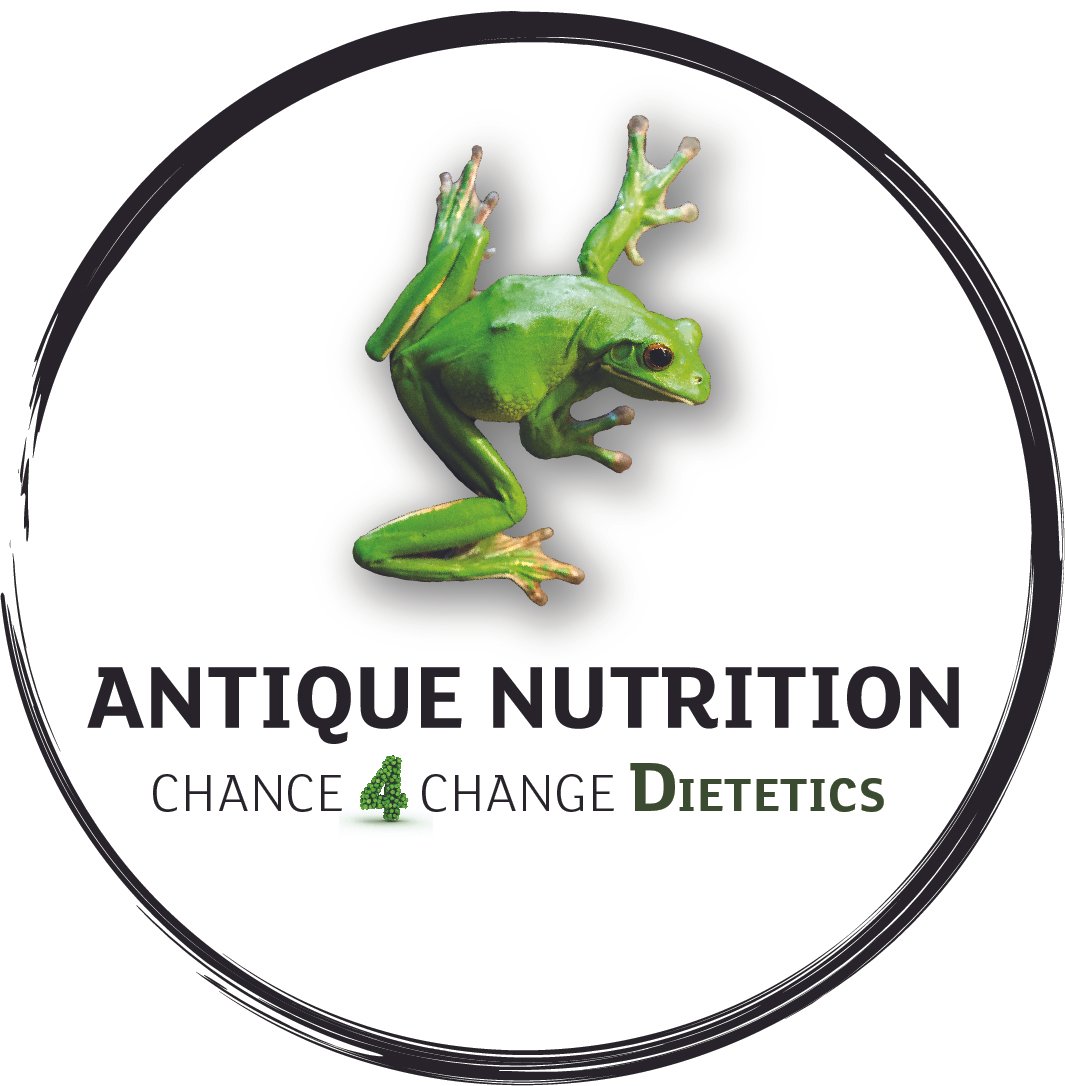Can allergies be prevented during pregnancy with a wholesome diet?
Did you know 1 in 10 children are diagnosed with a food allergy? Australia has one of the highest allergy rates in the world, with rates doubling in ten years.
As a paediatric Dietitian, I manage young children with food allergies to ensure optimal nutrition for growth and development is met. Several micronutrients and macronutrients can be missed if not appropriately replaced or adjusted accordingly. In some cases, I additionally manage mothers’ diets as for mums that are breastfeeding and baby has suspected allergies, commonly cow’s milk allergy.
With statistics rising, this has led to more research in the allergy area, with the most recent research suggesting a woman’s diet during pregnancy can influence the chance of baby developing allergies. A large prospective 2019 study found women who consumed common allergen foods during pregnancy (I.e., peanuts/tree nuts and or cow’s milk) significantly reduced the risk of their child developing allergies.
Through the life cycle, the risk of allergies in babies can be minimised during:
pregnancy
breastfeeding and;
during complimentary feeding (introduction of solids at the age of 6-months)
As a result I will concentrate on the former point - looking at how specific foods during pregnancy can help to prevent the development of allergies in the offspring. Read on…
Some tips to consider include:
1. Maintaining a healthy Vitamin D status
The relationship between low Vitamin D status within pregnant women and diagnosis of food allergies and asthma in their neonates is consistently strong within the research. The primary role of Vitamin D is to maintain calcium stores, enhance calcium absorption and to support bone health. In addition, Vitamin D plays a key role in immunomodulatory properties (substances that modify the immune system from potential threat), thereby limiting the risk of food allergies. This mechanism is the reason behind ensuring the maternal Vitamin D status is adequate. It is important to note, studies regarding Vitamin D and its role in allergy prevention also showed excess Vitamin D levels to also have a strong association with food allergy development, therefore more is not necessarily the answer, rather we are ensuring the maternal status is adequate for their clinical background and current dietary intake.
Recommendation: ask your GP to test your Vitamin D status to help determine how much supplementation is necessary before conception and during pregnancy. *It is best to be guided by your GP and or Dietitian.
2. Including omega-3 rich fats in your diet (fatty fish and plant based sources)
The same 2019 prospective study portrayed positive benefits with fish consumption in the maternal diet during pregnancy, reducing allergy risk, particularly asthma and eczema - a major risk factor for food allergies. Consumption of fish highest in the Omega-3 DHA and EPA fats provide a protective benefit as they decrease inflammatory levels and can potentially alter the offspring immune system before allergic responses are developed.
Recommendation: 2-3 serves of fatty fish per week is ideal and those highest in EPA and DHA include salmon, mackerel, sardines and wild caught tuna. If you don’t eat fish, a supplement may be of benefit and should be discussed with your GP and or Dietitian working within this space.
3. Ensure your gut health is optimal.
Women who maintain a higher fibre diet rich in prebiotics can help reduce total inflammation and promote higher concentration of short-chain fatty acids in the large intestine. This means altering the maternal microbiota through the inclusion of pre and probiotic food sources prior to conception and during pregnancy can affect offspring immune system and can influence the susceptibility of offspring to allergies. The consideration of a probiotic will depend on the individual circumstance and should be recommended under the guidance of a health professional.
Recommendation: Since prebiotics and probiotics provide a “synbiotic” effect, i.e., one needs the other to create these beneficial short-chain fatty acids, they should be consumed together for the best outcomes! If you’re not sure how to pair specific prebiotic and probiotic combinations, a Dietitian like myself can provide fun, safe & practical ideas!
Bottom line, unless you as the mother have food allergies, there is no need to remove common allergen foods whilst pregnant. Inclusion of peanuts, tree nuts, cow's milk, eggs, soy and fish are encouraged plus the above tips to help prevent your baby being diagnosed with one or more food allergies.
In addition, two recent studies portrayed the way in which we breastfeed and begin introducing solids can also influence a child’s chance for developing allergies. If you’re unsure on any of these processes depending on the stage of life cycle, as an Accredited Dietitian in this space, I’d be more than happy to support your journey!
References
Vitamin D Article 2019
Maternal Factors - 2019 Prospective Study
https://www.ncbi.nlm.nih.gov/pmc/articles/PMC6716146/
Maternal Diet 2019
https://pubmed.ncbi.nlm.nih.gov/30982867/
Statistics & Summary 2019







